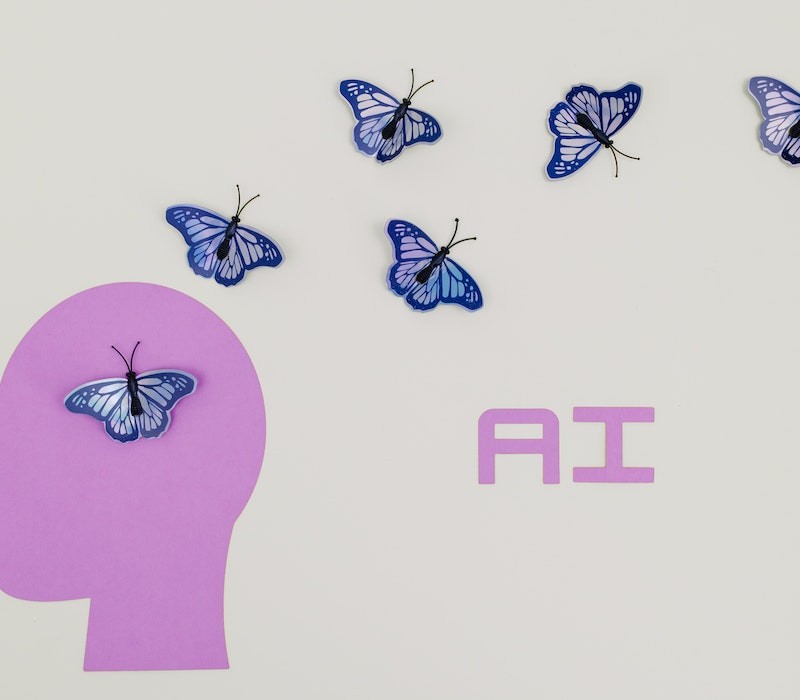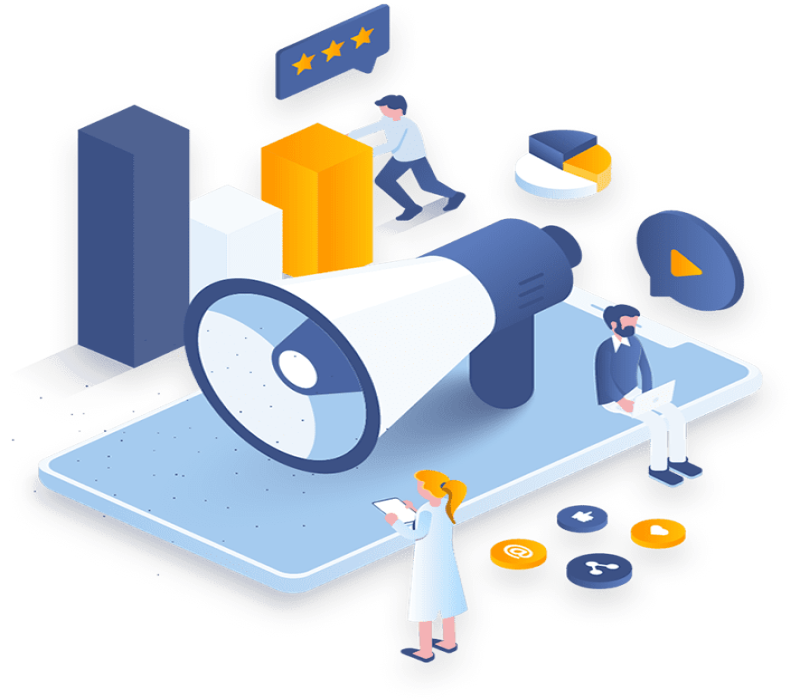IDMC News
Revolutionizing Business: The Impact of Data Analytics and Machine Learning
Recently, the phrase "artificial intelligence" (AI) has become popular. The way individuals and companies function has been profoundly impacted by its expanding usage. Why do you think that businesses have begun to realize the financial advantages of using AI to make their goods and services more competitive when the system proved its worth? Is it because they want to rethink their product development and business tactics? Let's find some answers to it... Businesses are increasingly relying on AI and ML models to automate decision-making and provide insight into previously incomprehensible processes. Let's see why? This blog will help you understand the evolution of data analytics and big data in business implementations.
Introduction
The term "artificial intelligence" (AI) has recently been used. Its increased use has had a huge effect on how people live and how businesses work. Because the system worked so well, businesses have started to see the economic benefits of using AI to make their products and services more competitive. They aim to re-engineer their goods and services and re-evaluate their corporate strategy. AI and machine learning (ML) models are becoming more important to businesses as a way to make decisions automatically and help people understand complex systems. Yet, this transformation needs further discussion and hence will be highlighted in the ongoing blog post.
The corollary from experts.
Big data is made up of large, diverse datasets that change quickly. This influx of data has led to a rise in interest in AI applications, which has led to big improvements in:
- Study calculation design
- Computation, based on intelligent algorithms
- Computing methodologies
With far-reaching implications for business and society. Two popular machine learning algorithms (latent Dirichlet allocation, or LDA, and hierarchical clustering) create human-friendly data structures as output. Technological developments in areas like computational calculation and the capacity to analyze enormous amounts of data in a short period of time have resulted in a rising focus on AI in the business sector. Artificial intelligence (AI) and data analysis systems enable individuals to systematize information that is typically already available on the market in a disaggregated manner, thereby transforming data into business decisions.
Artificial intelligence attempts to replicate human intelligence
In the context of business analytics (BA), a business enthusiast refers to the elements that impact owner choices and business management actions through:
- "Extensive Use Of Data,"
- "Statistical And Quantitative Analysis,"
- "Explanatory And Predictive Models,"
- "Fact-Based Management."
BA mediates both the data that an organization has access to and the economic value that it may produce via actions and better judgments. Employing AI approaches provides the most precise depiction of this change. As a result, only those tools deemed useful to facilitate decision-making processes within an organization are considered. Rest are always at risk of getting replaced.
Rise of Big data
Artificial intelligence (AI) has risen in relevance as a result of the availability of massive amounts of relevant data for businesses (big data). Big data sets share qualities such as volume, diversity, velocity, and other attributes such as variability, honesty, and worth. Once the firm realized the value of big data as a strategic resource, it completely rethought its management strategy.
Data analytics, classified:
- Descriptive, sometimes known as "business intelligence," is the oldest and most widely used kind of data analytics. Provide an increasing variety of commercial options. The oldest and most common use of data analytics is descriptive analytics, which combines data warehouses and analytical processing techniques to enhance decision-making using historical data.
- Predictive, Machine learning (ML), and artificial intelligence (AI) are the foundations of most solutions for predictive and prescriptive analytics. They may be used to produce new company plans and analyze customer behavior, both of which result in better outcomes.
- Prescriptive studies have set up conceptual frameworks for the possibilities and uses of big data in business, taking into account their effects on information, technologies, methods, and results, as well as the rise in the number of internet users between 2010 and 2019.
Real economic value is the commercial consequence of artificial intelligence, and under this category, there are two key application areas that show who the final customer of an AI-enabled service will be:
- People (Social Applications)
- Machines Or Things (Industrial Applications)
The interest in artificial intelligence and related concepts among Internet users has grown dramatically during the past decade. The number of people interested in big data has increased dramatically since 2011, and it is projected to stay constant until it reaches its peak. At the beginning of the decade, artificial intelligence (AI) was already a well-known idea, but its popularity has grown thanks to the wide availability of "deep learning" methods. In short Business benefits from:
- Data-Driven Decision-Making
- Process Mining
- Automation.
Consequences
All of the mentioned above facts and discussion show how AI could have interesting business effects. Artificial intelligence (AI) has been used for many years to build decision support systems (DSS), which help people learn by turning raw data into information. By using artificial intelligence to automate the service desk business process and look at huge amounts of data, more business opportunities may be found. As technology and the business world change, managers are constantly faced with new problems to solve. AI may help to digitalize human resource management (HRM) in the workplace by changing procedures and settings to make operations more successful and efficient in terms of time, money, and job quality.





































